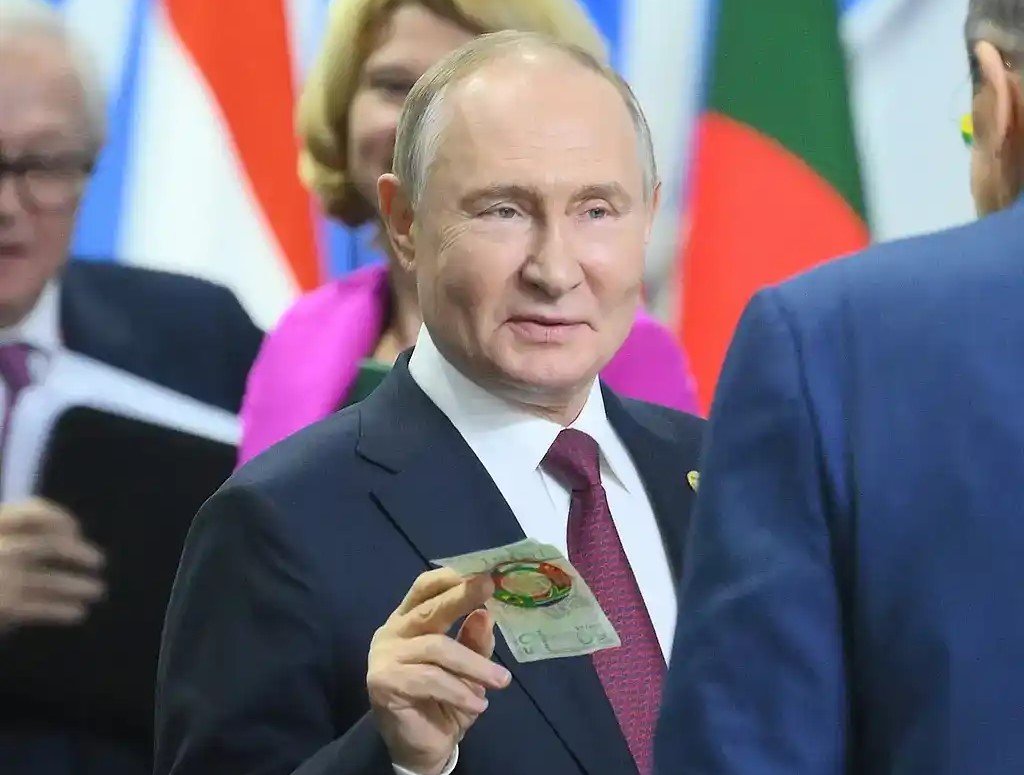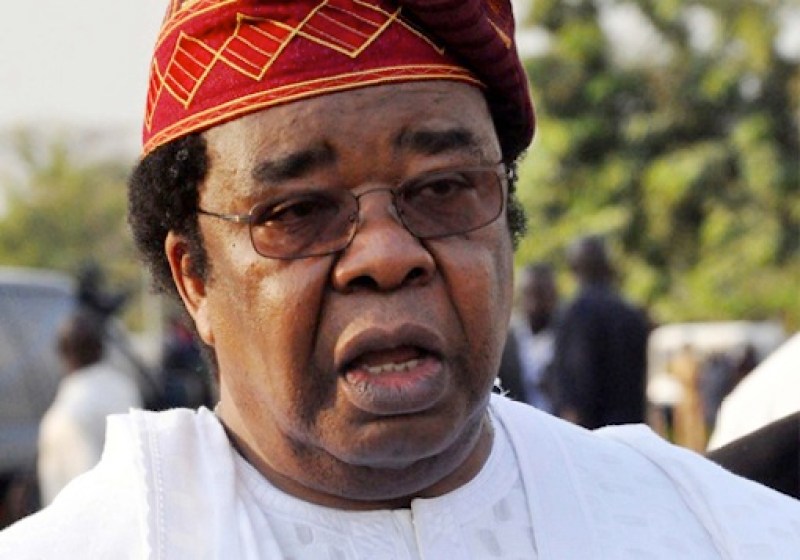Nigeria has officially become a partner country in the BRICS bloc, joining 12 other nations at the BRICS Summit in Kazan, Russia, from October 22 to 24, 2024. This follows months of speculation and is essential to Nigeria’s expanding global economic relevance.
Other newly admitted partner countries include Algeria, Belarus, Bolivia, Cuba, Indonesia, Kazakhstan, Malaysia, Thailand, Turkey, Uganda, Uzbekistan, and Vietnam.
BRICS was initially formed in 2009 by Brazil, Russia, India, and China, and South Africa was later welcomed in 2010. With the mission to promote trade, investment, and development among themselves and emerging economies, the bloc has become a powerful force in shaping global economic policies.

Iran, Egypt, Ethiopia, and the United Arab Emirates, which were granted membership in January 2024, also attended the summit—their first.
Nigeria’s inclusion comes after a substantial increase in foreign direct investments from several BRICS countries, notably China and India. These investments surged by 189% in the first half of 2024, reaching $1.27 billion compared to $438.72 million during the same period in 2023.

Foreign Minister Yusuf Tuggar had earlier indicated Nigeria’s aspirations to join both BRICS and the G20, citing the country’s giant economy and population as qualifying factors. While Nigeria’s current status in BRICS is that of a partner nation, it opens the door for further involvement in the bloc’s economic and developmental activities.
As BRICS looks to expand its influence, Nigeria’s participation signals its growing role in global economic affairs and its potential to benefit from new opportunities for trade and investment.
The ongoing summit, “Strengthening Multilateralism for Fair Global Development and Security,” focuses on deepening economic cooperation and promoting fair trade policies among member and partner countries.

One important issue that stood out in this summit was discussions surrounding a proposed BRICS currency. This currency could serve as a common trading tool among BRICS members and partners, potentially reducing reliance on the US dollar.
It’s not clear what the potential benefits of this new currency would be to Nigeria and other partner nations. However, it has been marketed as a unified currency that will streamline trade processes, reduce transaction costs, and stabilize exchange rates.
Some have advocated that instead of creating a new BRICS currency to compete with the United States dollars or European Euros, BRICS nations can trade among themselves bilaterally in their currencies, bypassing the need for any single currency.
Comment, Like 👍, share this article, and Follow us on our social media handles.







